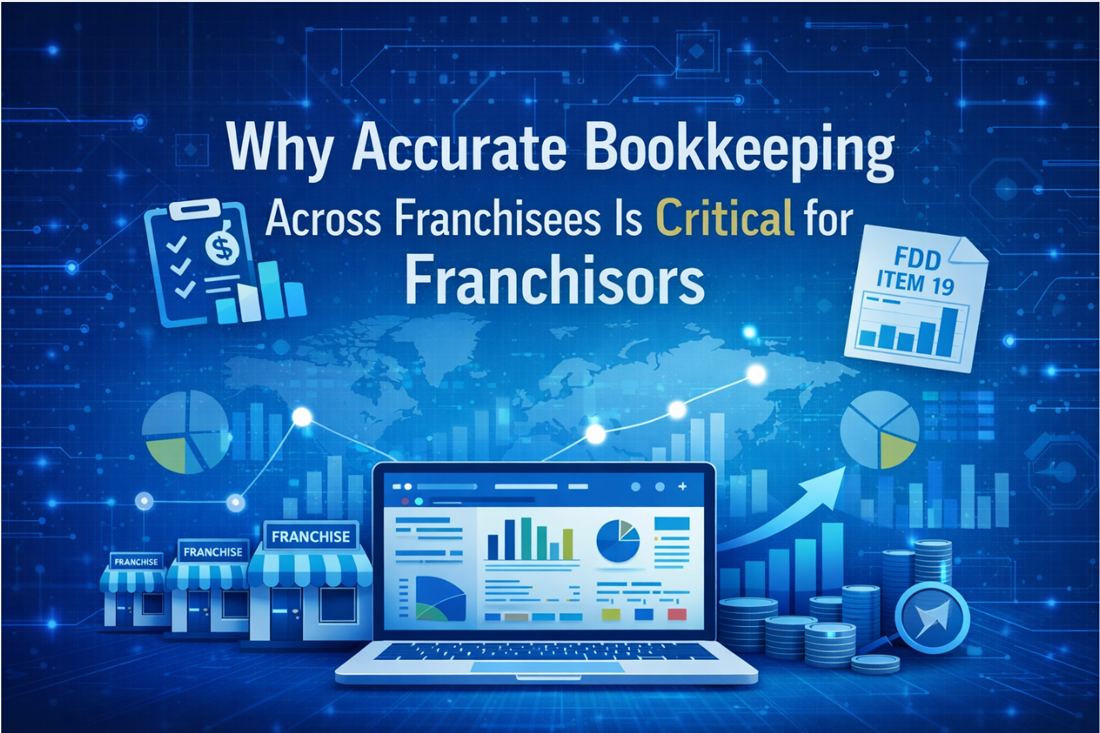As a business owner, one of the most crucial decisions you’ll make is choosing the type of business model that aligns with your personal and professional goals. Should you focus on creating a lifestyle business that offers a balanced work-life dynamic, or is your ambition geared towards a growth business that seeks rapid expansion and market dominance? Understanding the key differences between these two approaches can help you make an informed decision that suits your priorities and lifestyle.
1. Time Investment
Lifestyle Business: If you prefer a more balanced approach to work and life, a lifestyle business might be the right fit. This model typically requires less time commitment, allowing you to work part-time and have more flexibility to enjoy personal activities and family time.
Growth Business: On the other hand, a growth-focused business demands a significant time investment. Owners often work long hours to drive expansion and achieve their ambitious financial targets. This intense focus on scaling can result in a considerable reduction in personal time and leisure.
2. Revenue Goals
Lifestyle Business: A lifestyle business aims for a steady, reliable income to support a comfortable lifestyle. Revenue goals are usually modest, focused on covering personal expenses and maintaining a balanced life without the pressure of high financial targets.
Growth Business: Growth businesses, however, set ambitious revenue goals and focus on scaling operations. The aim is often to achieve high financial returns and reinvest profits to fuel further expansion and capture a larger market share.
3. Work-Life Balance
Lifestyle Business: Work-life balance is a top priority for lifestyle business owners. The business is designed to fit around personal life and family commitments, allowing for more leisure time and flexibility.
Growth Business: In contrast, growth businesses often sacrifice work-life balance for the sake of expansion. The intense focus on scaling and competitive positioning can lead to long hours and reduced time for personal and family life.
4. Business Objectives
Lifestyle Business: The objectives of a lifestyle business revolve around personal satisfaction, steady income, and enjoying work. The business is often built around the owner’s interests and lifestyle preferences, with less emphasis on aggressive growth.
Growth Business: Growth businesses focus on market dominance, rapid expansion, and significant financial returns. Aggressive strategies are employed to achieve high growth and establish a strong competitive position.
5. Investment in Resources
Lifestyle Business: In a lifestyle business, investment in resources is typically limited. Budgeting focuses on maintaining current operations rather than investing in new technologies or scaling efforts.
Growth Business: Growth businesses require high investment in resources such as technology, talent, and marketing. Significant funds are allocated to scaling operations and capturing market share, often involving substantial financial outlays.
6. Risk Tolerance
Lifestyle Business: Owners of lifestyle businesses usually have a low risk tolerance. They prefer stability and are cautious about taking on significant financial or operational risks.
Growth Business: In contrast, growth businesses often embrace a higher risk tolerance. Owners are willing to take calculated risks to achieve rapid growth, which can involve financial uncertainty and operational challenges.
7. Customer Base
Lifestyle Business: A lifestyle business typically serves a niche market or a loyal customer base. The focus is on maintaining personal relationships and providing customized service.
Growth Business: Growth businesses aim to build a large and diverse customer base. Strategies include scaling operations and reaching new markets to increase customer acquisition and drive significant revenue growth.
Conclusion
Choosing between a lifestyle business and a growth business involves considering your personal goals, time commitment, and vision for the future. While a lifestyle business offers flexibility and a balanced approach to work and life, a growth business demands significant time and investment for rapid expansion and high financial returns. Reflect on your priorities and make the choice that best aligns with your aspirations and lifestyle.
No matter which path you choose, having reliable financial management is crucial. That’s where xendoo comes in. Whether you’re focused on maintaining a balanced lifestyle or scaling your business for rapid growth, xendoo’s comprehensive bookkeeping and accounting services can support your needs. Our catch-up bookkeeping services ensure your financial records are accurate and up-to-date, giving you more time to focus on what matters most – running a successful business.









